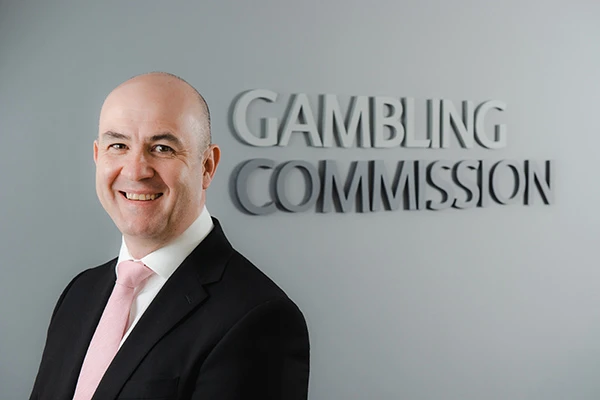GC chief slams “unacceptable” misuse of gambling stats

Rhodes said the regulator is “very concerned” at the significant increase in the misuse of gambling statistics. This comes as different parties aim to argue for or against different proposals in the wake of the Gambling Act review white paper.
He added that the Commission has seen this come from a number of different organisations. This includes gambling operators, trade bodies, charities, media outlets and sporting venue owners.
“This is unacceptable,” said Rhodes. “All parties seeking to rely on statistics to advance their arguments must do so accurately and in the correct context.”
Abuse of 0.3% problem gambling statistics
In particular, Rhodes highlighted two commonly used statistics – “99.7% people who gamble do so without being harmed” and “only 0.3% of gamblers are harmed”.
“This is not true and misrepresents the statistics,” said Rhodes.
These figures, which are based on short form Problem Gambling Severity Index data (PGSI), are often highlighted by those against more stringent gambling reforms.
Rhodes criticised the use of the 0.3% figure. He noted that the PGSI screen produced figures ranging between 0.2% and 0.6% in the past few years.
He also emphasised that this is a percentage of the whole adult population in Great Britain that suffer from problem gambling and not “of solely those who gamble as many have tried to suggest”.
Rhodes pointed to data from the Health Survey for England 2021. It found that people over 16 who had gambled in the previous 12 months experienced a 0.8% problem gambling rate.
The CEO also warned against people who argue the 0.3% figure represents those “at risk” from gambling harms. He called this “inaccurate and misleading”.
He said this was due to conflating problem gambling and gambling-related harm. Rhodes additionally pointed to Health Survey for England figures that showed a 1.2% moderate gambling risk rate and 4% of people experiencing a low-risk rate.
Statistics show complicated pictures
Rhodes said the statistics show that overall the problem gambling rate is low compared to the level of participation.
“But when we go beneath the surface of those numbers, the picture is more complicated and requires statistics to be properly understood and properly used when discussing these matters,” said Rhodes.
“Even with a relatively low proportion of people experiencing problem gambling we must remember that this can and does have catastrophic consequences and equates to hundreds of thousands of people directly affected and a greater number among friends, families and others.
“I therefore ask anyone commenting on this area to take a greater degree of care to ensure they are using evidence and statistics correctly, accurately and in the proper context.”
